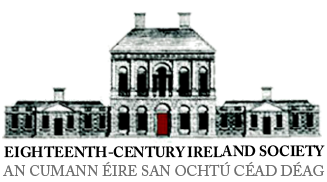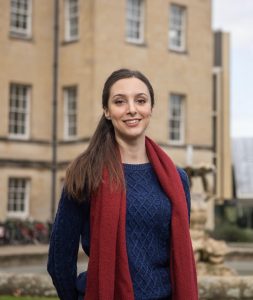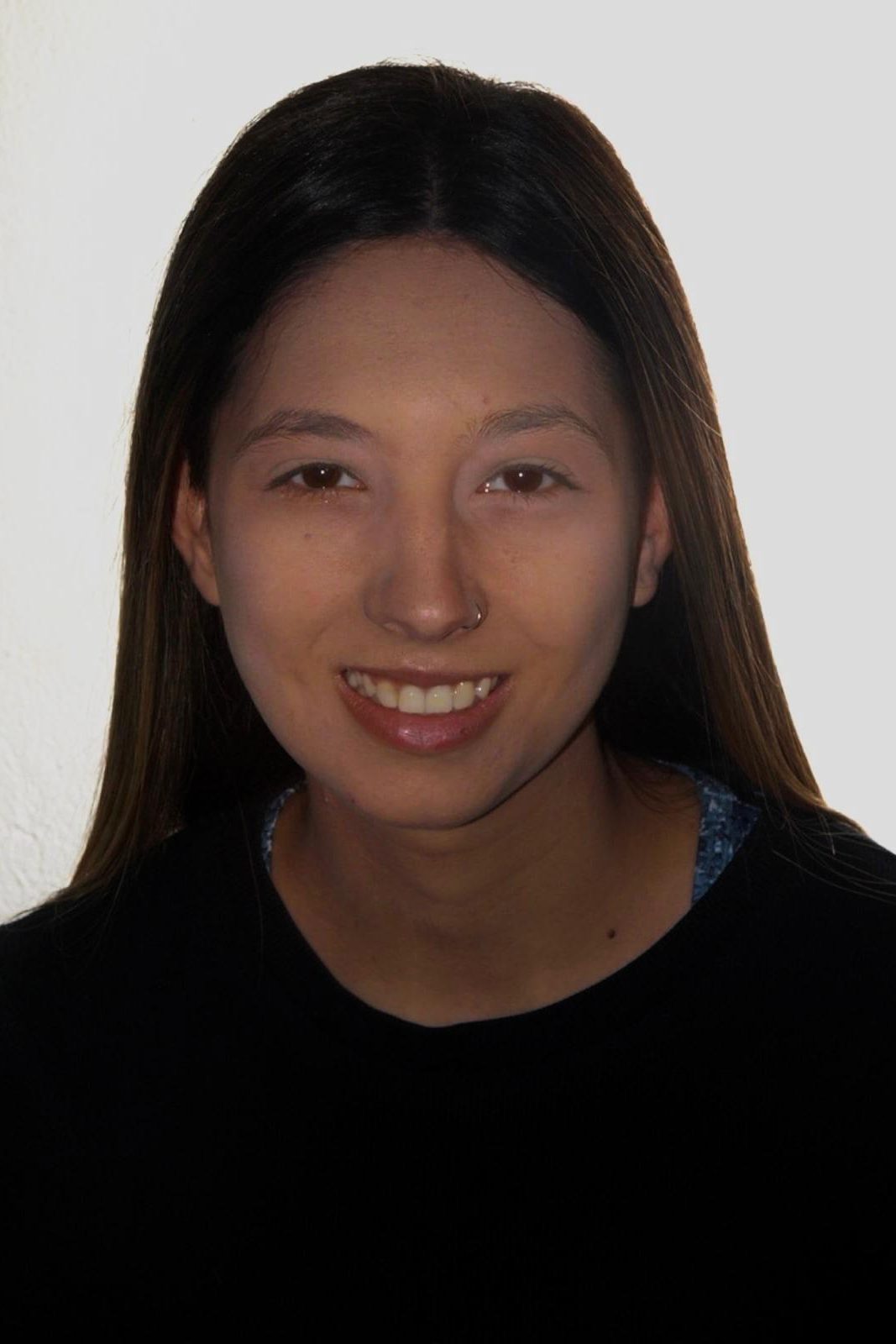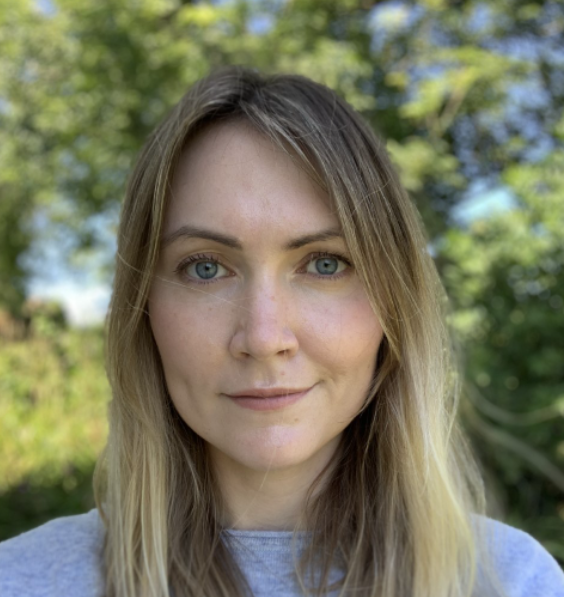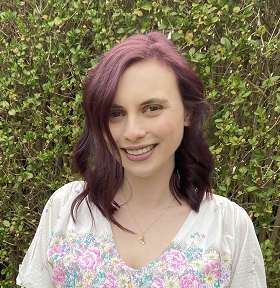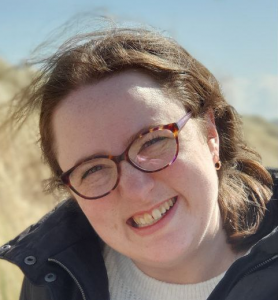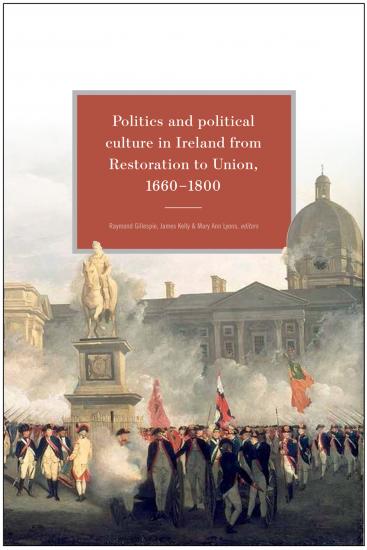The American Society for Eighteenth-Century Studies (ASECS) has awarded the A.C. Elias Ireland – North America Research Travel Fellowship for 2025 to Dr Keith Ó Riain.
The fellowship will assist Dr. Ó Riain in completing textual research at the Huntington Library in California necessary for completing his edition of the Irish-language poet Éadbhard de Nógla (c. 1715-1785).

This will be the first critical edition of De Nógla’s poetry and contribute to our knowledge of eighteenth-century Irish-language poetry, and to the ‘broader political, religious, and social attitudes, beliefs, and outlooks that the poetry gives voice to.’ The Huntington Library has the sole copy of manuscript transcriptions necessary for the edition along with other Irish-language manuscripts to be examined.
Keith Ó Riain completed his Ph.D. in Irish Literature at the Mary Immaculate College in 2024, aided by an Irish Council Postgraduate Scholarship from the Irish government. His dissertation on de Nógla included edited texts of the poetry completed after research at libraries in Ireland and Britain. His B.A. in Liberal Arts, also from Mary Immaculate College, was awarded in 2020 in History and Irish Language and Literature. Ó Riain has been a member of the Eighteenth-Century Ireland Society for five years, presenting research papers twice at its annual conferences. He is currently working as a translator at Mary Immaculate College.
ASECS’s A. C. Elias Ireland – North America Research Travel Fellowship annually provides up to $2500 in funding to support “documentary scholarship on Ireland in the period between the Treaty of Limerick (1691) and the Act of Union (1800), by enabling North American-based scholars to travel to Ireland and Irish-based scholars to travel to North America.” Projects conducting original research on any aspect of eighteenth-century Ireland qualify for consideration, but recipients must be members of ASECS who have permanent residence in the United States or Canada, ¬or be members of its sister organization, The Eighteenth-Century Ireland Society, residing in Ireland. The fellowship winner is selected by an international, multi-disciplinary jury.
The fellowship was established in the early 1990s by Dr. A. C. Elias, Jr., an independent scholar of Philadelphia. After his death, the award was renamed to honour his contributions to scholarship and the community of scholars.
Full details on how to apply for the 2026 fellowship before the deadline of 15 November 2025 are posted on the websites of ASECS (https://asecs.org/resources/awards-grants-fellowships/) and Marsh’s Library https://marshlibrary.ie/aceliasfellowship/
